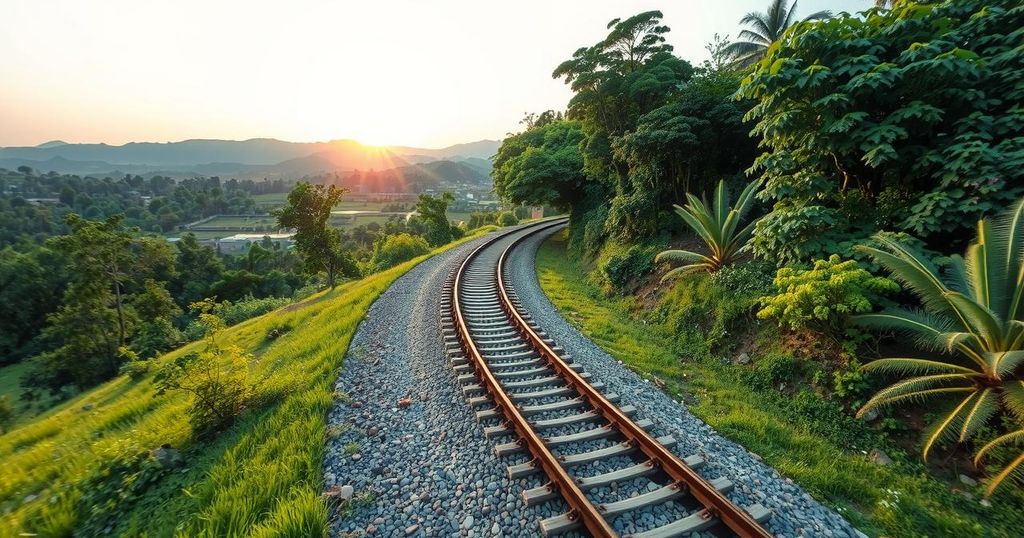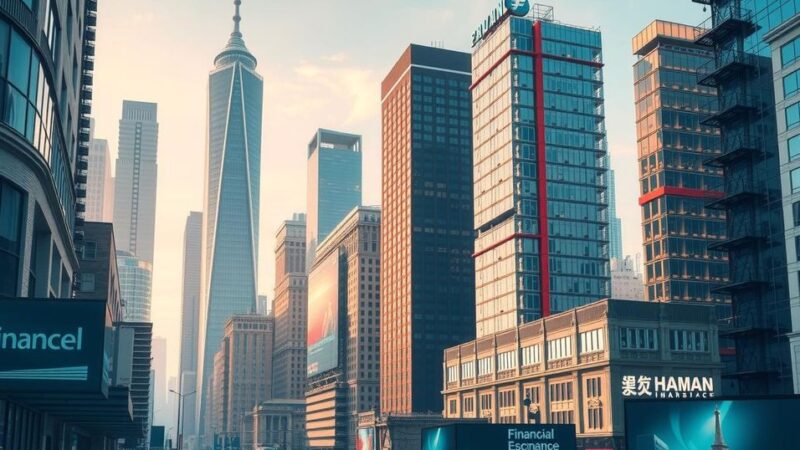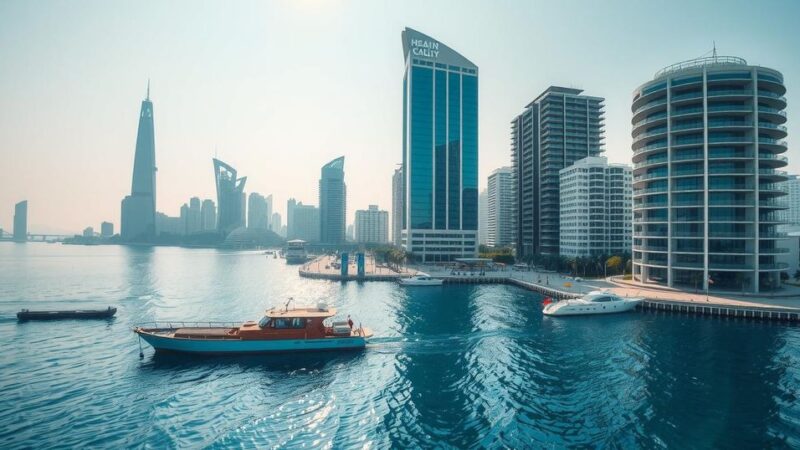HPX is facing skepticism over its plans to build a $5 billion rail project in Liberia due to Guinea’s historical policy of resource sovereignty. Guinea’s new administration has signed a deal for the Trans-Guinean Railway, prompting analysts to question the feasibility of HPX’s plans. Critics argue HPX has not provided evidence of approval from Guinea, raising concerns about transparency and potential financial pitfalls for Liberia.
High Power Exploration (HPX), backed by billionaire Robert Friedland, is facing growing criticism over its plans to secure rail access through Liberia for exporting iron ore from Guinea’s Nimba deposit. Several analysts and policymakers are skeptical of HPX’s proposed $5 billion infrastructure project, questioning both its feasibility and intentions, especially in light of Guinea’s longstanding resource sovereignty policy and a new rail project under development within its borders.
For more than sixty years, Guinea has maintained a policy disallowing the export of its iron ore via Liberia, mandating that mining companies invest in domestic infrastructure. This long-standing policy, rooted in economic nationalism, seeks to ensure Guinea retains control over its mineral resources. Although this policy was relaxed temporarily under former President Alpha Condé’s administration, a military coup in 2021 has led to a renewed emphasis on national resource control.
The landscape changed in 2023 when Guinea’s new government secured a major agreement between Rio Tinto and the Winning International Group to construct the Trans-Guinean Railway. This 650-kilometer railway is projected to connect the Simandou iron ore reserves to a new deepwater port in Conakry and is expected to be operational by the end of 2025. With HPX’s Nimba mine located only 130 kilometers from this new rail line, analysts argue that utilizing it would be significantly more economical than constructing a new 240-kilometer rail through Liberia.
Despite HPX asserting plans to transport 25 million tonnes per annum of iron ore through Liberia, the company has not provided documented evidence of approval from Guinean authorities, raising suspicions among critics. James Flomoku, a prominent Liberian activist, accused HPX of misleading the public, asserting, “The Condé-era agreements are dead. Guinea’s new leadership has made it clear: their resources will transit their infrastructure.”
The dubious nature of HPX’s proposal has drawn attention in Washington, particularly as HPX seeks U.S. government support. A U.S. State Department official noted, “There is no logical reason Guinea would greenlight a rival rail project that undermines their own $15 billion investment.” Given these criticisms, the pressure mounts on Liberian President Joseph Boakai’s administration to seek concrete proof of Guinea’s agreement before progressing with HPX’s proposal.
Civil society leaders in Liberia have voiced concerns over the potential for HPX’s project to become a financial burden if Guinea does not permit the transit of ore. Abigail Weedor from the Liberian Civil Society Initiative stated, “HPX wants Liberia to gamble billions on a railway Guinea could veto overnight.” She emphasized the need for Guinea’s rail system to demonstrate its effectiveness before investing in an alternative.
As the completion of the Trans-Guinean Railway approaches, scrutiny of HPX’s claims continues. Political analyst Aissata Diallo stated, “HPX must adapt to the new reality—or admit this was never viable.” For the time being, Liberia is left awaiting a resolution regarding the proposed agreement that may define the future of its railway ambitions.
The article discusses the challenges faced by High Power Exploration (HPX) in securing rail access through Liberia for exporting iron ore from Guinea’s Nimba deposit. It highlights historical resistance from Guinea against exporting resources through Liberia and recent developments in regional infrastructure, particularly the Trans-Guinean Railway. The insights come amid critiques from analysts and civil society regarding the economic viability and transparency of HPX’s plans, amid shifting political landscapes following Guinea’s military coup and new agreements with mining giants.
In conclusion, High Power Exploration’s plans to develop a rail system through Liberia are met with skepticism from various stakeholders, primarily due to historical policies of resource nationalism in Guinea and the establishment of the more economically advantageous Trans-Guinean Railway. Analysts have urged caution against investing in a project that could become obsolete should Guinea enforce its sovereign policies. The situation necessitates clarity and transparency from HPX to validate its claims and intentions.
Original Source: frontpageafricaonline.com







